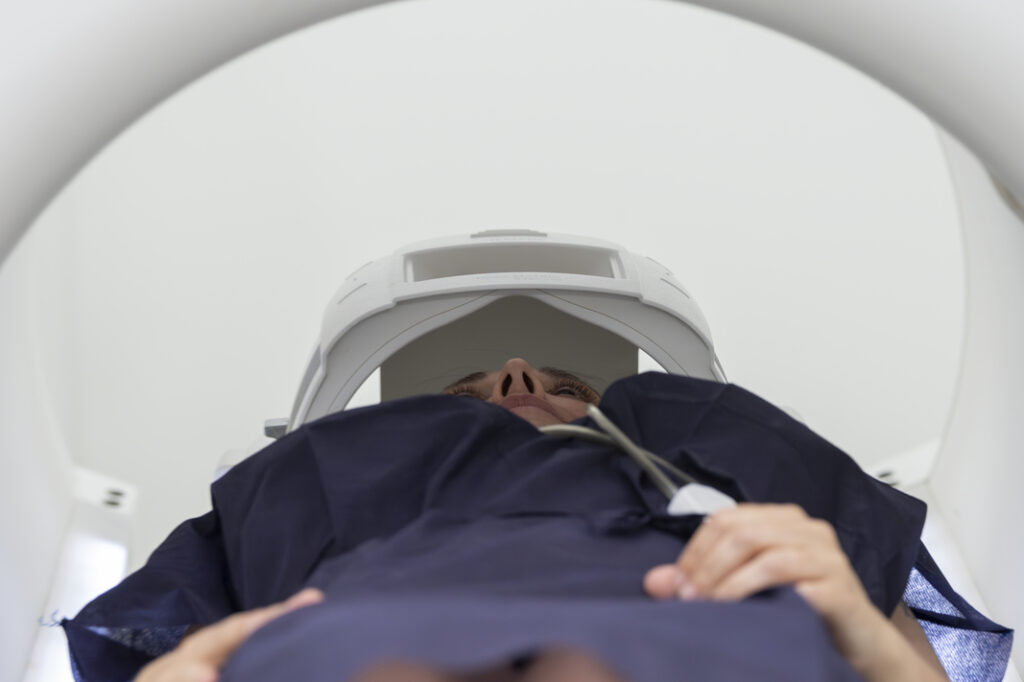Metabolic Therapy
What is metabolic therapy?
Metabolic therapy is an innovative approach in cancer treatment that seeks to alter the metabolism of tumor cells to inhibit their growth and promote their destruction. This type of therapy is based on the knowledge that cancer cells have a different metabolism than normal cells, making them vulnerable to specific interventions aimed at their metabolic processes.
What is this procedure for?
Metabolic therapy is primarily used in:
- Treatment of solid tumors: Especially in cancers such as melanoma, lung cancer, breast, colon, and pancreas.
- Inhibition of tumor growth: Used to block essential metabolic processes for the proliferation of cancer cells.
- Sensitization to other treatments: Serves to improve the effectiveness of conventional therapies such as chemotherapy, radiotherapy, and immunotherapy.
- Therapeutic personalization: Helps adapt treatment according to the specific metabolic characteristics of the patient’s tumor.
Benefits of high technology in targeted radioisotopes
Metabolic therapy acts on altered metabolic pathways in tumor cells. These cells often rely on processes such as anaerobic glycolysis (high glucose consumption) or excessive lactic acid production. Metabolic therapy uses specific drugs or interventions to block these metabolic pathways, depriving cancer cells of the resources needed to survive and multiply.


What is the procedure like?
The metabolic therapy procedure involves:
-
Preparation:
For preparation, the oncologist will begin by evaluating your medical history and the results of previous tests, such as biopsies, genetic studies, and molecular analyses. In addition, complementary tests will be performed to identify the specific metabolic characteristics of the tumor.
-
During the test:
During treatment, medications designed to alter tumor metabolism will be administered orally or intravenously, according to the established protocol. In addition, you will be monitored during each session to detect possible side effects and evaluate the response to treatment. The duration of treatment varies depending on the type of tumor and your response to treatment, but generally includes cycles that can extend for weeks or months.
-
After the test:
After treatment, you will be regularly monitored to evaluate the response and detect possible side effects. Periodic tests, such as blood tests and imaging studies, will be performed to measure the effectiveness of metabolic therapy. The results will be reviewed with your oncologist, who will adjust the therapeutic plan as necessary.
Recommendations for the test
It is important to inform the medical team if you have allergies to medications or materials that may be used during treatment. In addition, make sure to follow all instructions before, during, and after treatment to ensure your safety and its effectiveness. If you experience side effects such as nausea, extreme fatigue, or changes in appetite, inform your doctor as soon as possible.
Does it have any risks?
Metabolic therapy is a safe and effective treatment, although it can generate some side effects related to the alteration of metabolic processes:
- Fatigue: You may experience a feeling of extreme tiredness during treatment.
- Nausea: Some people may experience mild gastrointestinal discomfort.
- Changes in glucose levels: There may be alterations in blood sugar levels, so they should be monitored.
- Local inflammation: In rare cases, inflammation may occur in treated tissues.
For your test to proceed smoothly, we ask that you arrive in advance of the indicated time. This will allow us to carry out the necessary administrative and clinical preparation.
Before the test, we will provide you with the Informed Consent, a document with important information that you must read and sign.
If your appointment is for a Magnetic Resonance Imaging (MRI), it is crucial that you inform us about the presence of pacemakers, metallic objects, prostheses (including dental ones), tattoos, or medication infusion devices, such as insulin pumps.
These diagnostic tests are very safe, but as with any medical procedure, there is a minimal possibility of incidence.